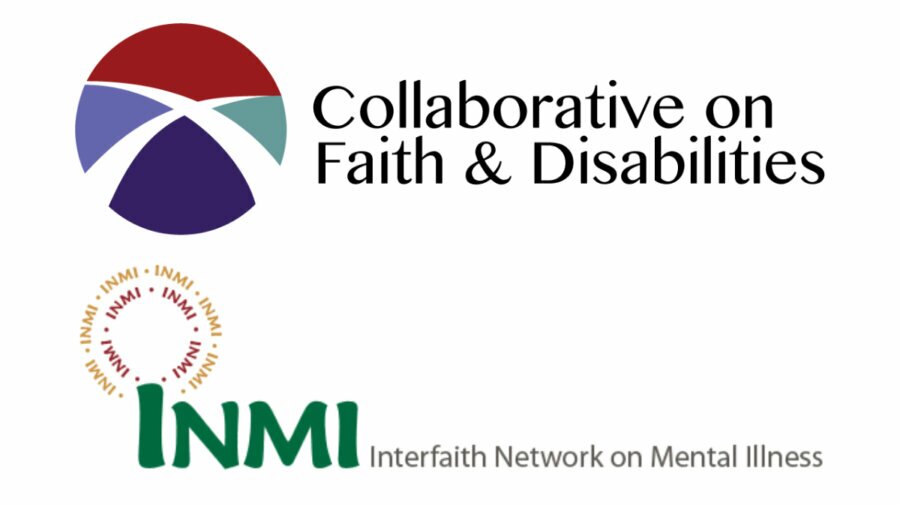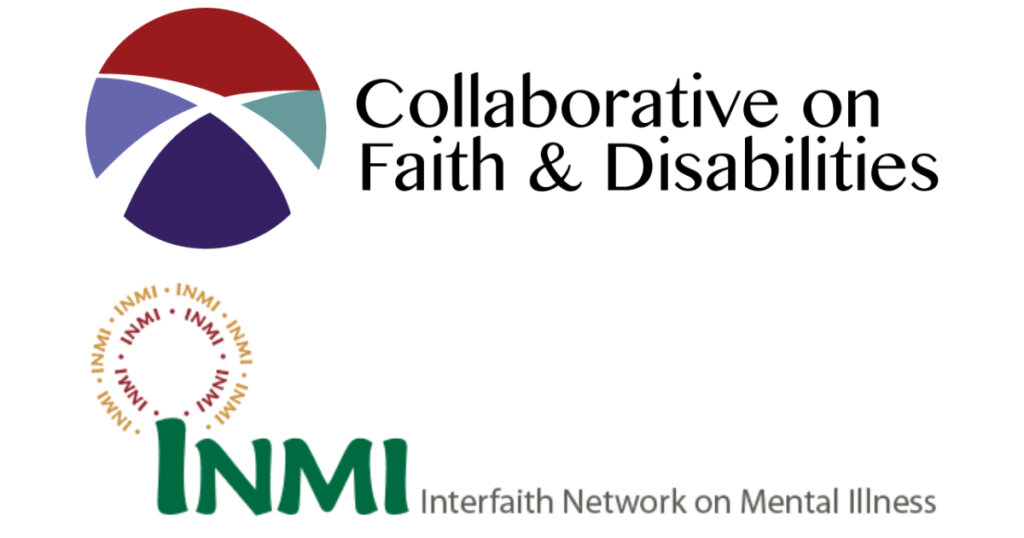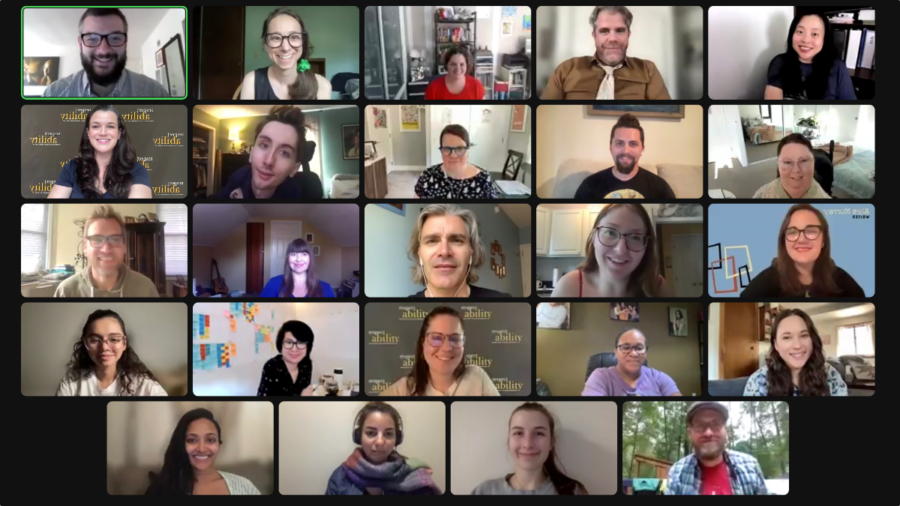“Your employees are the experts on their own needs. It’s time to listen.”
 Disability is a set of barriers that society places on people whose bodies work differently. While disability is an extension of the human experience and spectrum of human abilities, the stigma and negative expectations of the disabled body contribute to othering. Inclusive employer policies are an important aspect of the rehabilitation of disabled people into the workforce. Many disabled people are able and willing to work but face unsurmountable stigma and non-inclusive policies from employers.
Disability is a set of barriers that society places on people whose bodies work differently. While disability is an extension of the human experience and spectrum of human abilities, the stigma and negative expectations of the disabled body contribute to othering. Inclusive employer policies are an important aspect of the rehabilitation of disabled people into the workforce. Many disabled people are able and willing to work but face unsurmountable stigma and non-inclusive policies from employers.
In the English language, disability represents a set of impairments that are associated with a loss of social status – a perceived deviance of the body and its functions. The social model of disability describes the stigma faced by disabled individuals as profoundly linked to society’s expectations of the body. Alongside expectations of the body, stigma is associated with the inability to fulfill social norms. In individualist cultures, this can result in greater concern over an individual’s ability to contribute. Therefore, individualist cultures are going to place a larger emphasis on productivity expectations for the disabled body. [continue reading…]




 Throughout my research of faith-based organizations that provide services for disability and mental health, a lot of organizations impressed me. I am going to focus on two in particular below.
Throughout my research of faith-based organizations that provide services for disability and mental health, a lot of organizations impressed me. I am going to focus on two in particular below.
 Ten years ago this fall, on what my therapist at the time pointed out was also Yom Kippur, I stepped foot into St. Luke’s Episcopal Church in Long Beach, California for the first time. It was my home from that moment on.
Ten years ago this fall, on what my therapist at the time pointed out was also Yom Kippur, I stepped foot into St. Luke’s Episcopal Church in Long Beach, California for the first time. It was my home from that moment on.
 Los Angeles, Sept 22 – Growing Up episode four follows Emily Flores, a woman born with muscular dystrophy, navigating adolescence and young adulthood with a disability. The episode, which is a part of a Disney+ series that highlights stories about notable young people from underrepresented backgrounds, tells the story of how a young Flores founded Cripple Media, an online publication for disabled writers to tell their own stories.
Los Angeles, Sept 22 – Growing Up episode four follows Emily Flores, a woman born with muscular dystrophy, navigating adolescence and young adulthood with a disability. The episode, which is a part of a Disney+ series that highlights stories about notable young people from underrepresented backgrounds, tells the story of how a young Flores founded Cripple Media, an online publication for disabled writers to tell their own stories.







 Los Angeles, Sept. 2 – RespectAbility’s Virtual Entertainment Lab continued this past week featuring a panel of television writers —
Los Angeles, Sept. 2 – RespectAbility’s Virtual Entertainment Lab continued this past week featuring a panel of television writers — 




